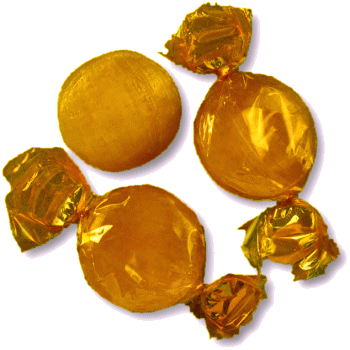




WELCOME TO AN ENTERTAINMENT SITE FOR SCOTTISH COUNTRY DANCERS!
Enjoy this curated selection of theme-related dances for celebrations and holidays, or find a dance associated with a special calendar day, or EVEN your own birthday!
Jun 23

Pink Flamingo & Pink Bird Day
The Rare Bird
Other Scottish Country Dances for this Day
Today's Musings, History & Folklore
"It is not only fine feathers that make fine birds."
~Aesop c. 620–564 BCE
Are you an independent thinker? A bit of an eccentric? A "rare bird"? If so, you're in good company with other rare birds known for their beautiful plumage, scarcity, or legendary reputation. The pink flamingo, though born with soft grey feathers, takes on its orange-pink hue as a result of beta-carotene, a red-orange pigment that’s found in high amounts within the algae, brine fly larvae, and brine shrimp! Other pink birds come by their colors without benefit of diet including the Southern Carmine Bee-Eater and the Himalayan White-Browed Rose Finch. Rare birds who have sadly gone extinct are the Mysterious Starling, the Least Vermilion Fly Catcher, and the Arabian Ostrich, the Great Auk, the Laughing Owl, the Passenger Pigeon, and the Dodo Bird! Take care and stay rare! 🐦 🦉 🦆 💗 🦩
The Rare Bird
On today, Flamingo Day, we take note of flamingos and other rare pink birds, including the Roseate Spoonbill, Roseate finch, and Pink Robin amongst other rare birds.
Bird plumage colors are a result of several factors, including either pigment or from the light reflecting off feathers. For example, bluebirds, indigo buntings and blue jays are not really blue. The color we see is the light reflecting off their brown feathers. Fortunately for the birds, some predators do not see the same bright-blue reflections as we do. So they remain protected.
Similarly, the bright red of the male cardinal may serve to attract mates but may render the bird less visible to some predators.
Nature has given birds their unique colorations for different reasons: strength, protection from ultraviolet light and environmental stresses, camouflage, and the ability to entice the best mates to insure survival of the species.
Regardless, along with insects and coral reef fish, they provide some of the most brilliant color displays of life on earth.
For more on some of the world's formerly rare birds, sadly lost to extinction, click another rare pink bird, the pink spoonbill, in a photo by Steve Blandin.
Click the dance cribs or description below to link to a printable version of the dance!







